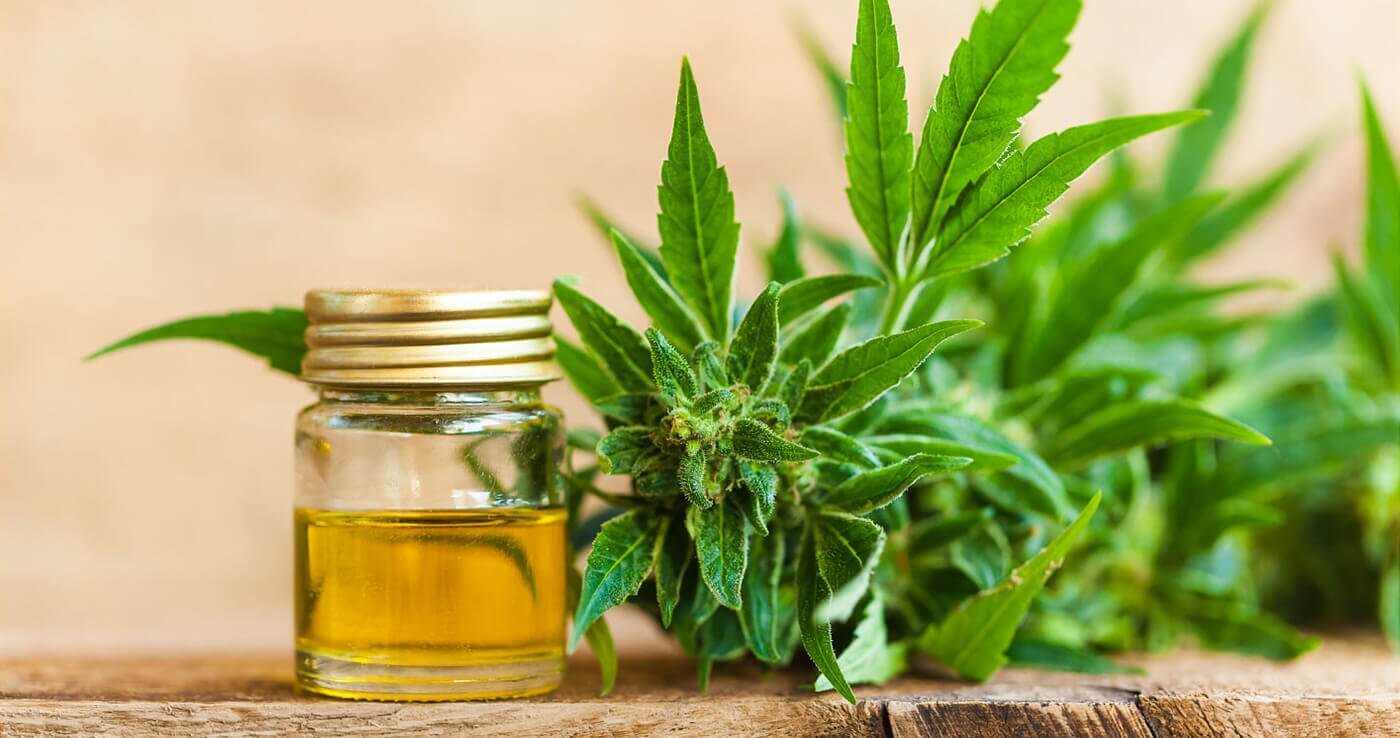Cannabis oil a growing option for Cayman’s doctors and vets

More than 500 patients and at least a dozen dogs have been prescribed medical cannabis since it was made legal in the Cayman Islands two years ago.
Medical professionals say the drug has overcome some ‘stigma’ to become more accepted by patients and doctors.
Cannabis oil, legal in Cayman as a prescribed drug since May 2017, is primarily used for pain management.
Kevin Gipple, a clinical compounding pharmacist at the CTMH Doctors Hospital, said it was frequently prescribed to patients suffering from pain associated with conditions such as including diabetes and multiple sclerosis, as well as for nausea in patients undergoing chemotherapy.
He said it had also been prescribed for anxiety and a host of other conditions. Vets are also finding it an increasingly useful treatment – in much higher doses – for dogs suffering from pain associated with arthritis or cancer.
Colin Manson, of Kman Vets, said it was working with local pharmacies to offer cannabis oil as an option to its patients. In the longer term, the practice plans to source cannabidiol (CBD) oil from a supplier that produces cannabis-based products specifically for dogs.
David Pellow, owner of Caribbean Medical Distributors, the largest importer of medical cannabis in the Cayman Islands, said the rate of use of cannabis oil, in its various forms, appeared to be increasing. He said his business, which accounts for an estimated 90% of the import market, had provided, through 10 different pharmacies it works with, cannabis oil to just over 500 patients in the two years it has been operating.
He expects that to continue to increase as doctors and patients become more familiar with how and when to use it.
“Like any new product, it started slow,” he said. “It took a while for patients, as well as prescribers, to realise that this was a new tool that could be used.”
Gipple said the fact that cannabis had been illegal, and is still illegal in many jurisdictions, meant there was an absence of real clinical research on its effectiveness for a number of conditions. As the use of medical cannabis, particularly cannabis oil, becomes more mainstream he expects that to change, broadening the number and variety of conditions that cannabis can be used for.
For doctors and patients, there is an element of trial and error to using cannabis oil. Cannabis impacts different people in different ways depending on dosage, says Gipple.
Doctors use a technique known as titration – starting with a low dose and steadily increasing until the patient sees an impact.
It is a matter of balancing impact with side effects, including drowsiness and, in rare cases, getting ‘high’, Gipple acknowledges. He said the aim was to find the ‘sweet spot’ where the drug controlled the symptoms without impacting the patient’s ability to live a normal life.
“One of the advantages is that it is an incredibly safe drug. It is very hard to overdose seriously on cannabis, compared to opiates, for example,” he said.
That also means it can be used as a trial option for various conditions that are not currently supported by evidence based studies, without risk to the patient.
“We are very much learning with oral cannabis. People are trying it for all sorts of different conditions, some of which there is no evidence for, which doesn’t mean it doesn’t work,” he added.
“It’s another tool in the box,” Gipple said. “It is not the one you are going to go to first, not the one you go to last; it is an option to consider.”
There are practical concerns, however. It is difficult to travel with cannabis oil because it is not legal in many jurisdictions and is not legal to import it into the United States.
Similarly, doctors advise that patients who face drug testing at work talk to their human resources departments before they start using medical cannabis oil.
Pellow said the evidence suggests that cannabis oil is being used responsibly in the Cayman Islands.
Of the three types of cannabis oil his company imports, he said, the one with the highest concentration of THC – the principal psychoactive ingredient in cannabis – was the least popular.
“It is absolutely clear that the public and the medical community are using this for medicinal purposes,” he added.
He said 84% of patients involved in a study conducted by the business had reported they felt cannabis oil had been effective for their conditions.
Some patients testified that it had a life-changing impact.
Gipple said some of the biggest successes had been with dogs.
“What does a dog do when it is in pain? Nothing,” he said. “We have had owners report their dog has basically come back to life.”
Manson, of Kman Vets, said it was becoming a new tool in pain treatment for animals. He said dogs required 10 times the dosage of humans.
As with people, an absence of clinical trials means there is uncertainty over the effectiveness of its use in pets, but he believes it could prove effective for anxiety-related disorders, such as fear of thunder or other phobias, and seizure control, as well as pain management.
“Used at the much higher veterinary doses, we have found this to be a very effective supplement for a number of patients with chronic and intractable osteoarthritis or cancer pain,” Manson said. “Despite already offering a wide number of pain-management medications and therapeutic modalities such as acupuncture and laser treatments, CBD oil has clearly found a place in pain management for our patients.”
The business was recently granted a license to import Ellevet Science CBD oil products, and expects to be able to offer the treatment option on a more frequent basis, where appropriate.
